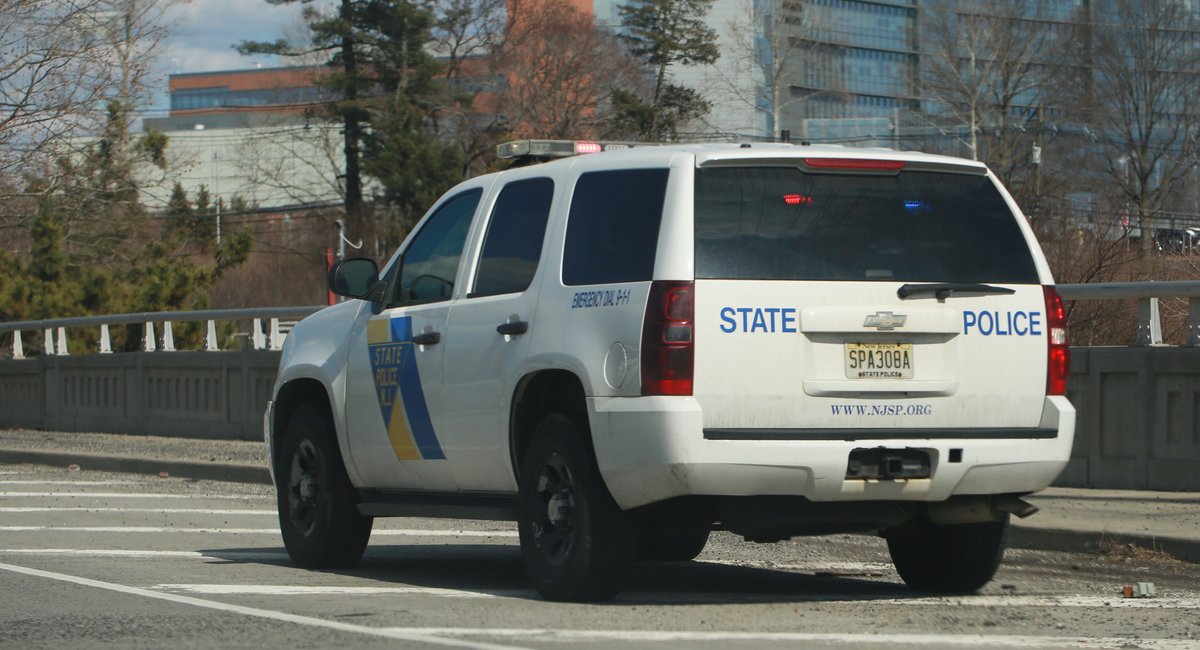New Jersey’s attorney general has assembled a team of researchers to craft a pilot program to reduce racial and ethnic disparities in traffic stops — after a state-commissioned analysis found troopers were more likely to stop, search, arrest and use force against Black and Latino drivers.
As police departments across the country – including in Los Angeles, Seattle, Philadelphia and elsewhere – overhaul how they enforce traffic stops, The New Jersey State Police is among the largest agencies in size and geographic scope to seek reforms. Nationally, many of the changes have been prompted by several high-profile police killings of drivers during such encounters.
“It is unacceptable for the actions of law enforcement to have a disparate impact on communities of color,” New Jersey Attorney General Matthew Platkin said in a statement.
He said he was committed to correcting the problem, “whatever the root cause of these disparities” — including if they’re the result of “implicit bias, systemic faults in policies or something more intentional.”
The researchers will analyze traffic enforcement data, and develop and analyze policies — to be piloted by the New Jersey State Police in the coming months — to reduce racial disparities, improve officer and road safety, and reduce traffic crash fatalities, he said.
Head researcher Matthew B. Ross told Gothamist that the team will aim to limit enforcement of minor infractions that don’t affect street safety and are disproportionately handed out to people of color.
Historically, these have included equipment violations — such as for overly tinted windows, rather than more serious moving violations, like speeding or reckless driving, which are more strongly tied to traffic fatalities, Ross said. But the team’s final recommendations will be based on an analysis of the state’s traffic data.
Ross, an associate economics and policy professor at Northeastern University, said that although some cities have banned…
Read the full article here

Leave a Reply